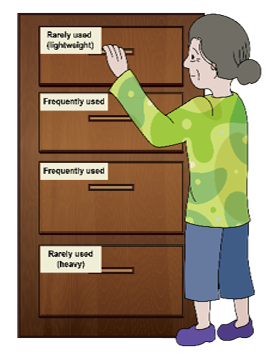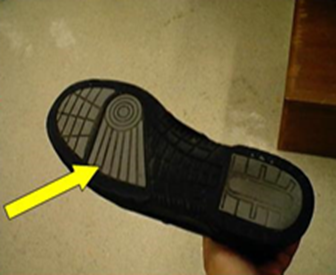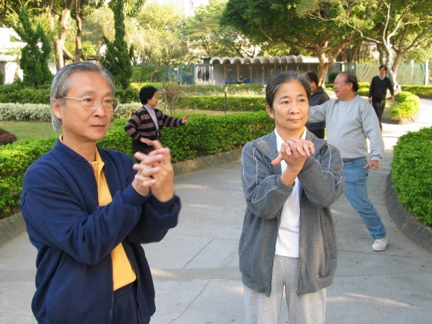Elderly persons' physical deterioration such as blurred vision, muscle weakness and loss of balance make them less aware of the environmental risks and prone to accidental injuries. According to the Unintentional Injury Survey 2018 Report conducted by the Department of Health, falls contributed to 74.5% of injury episodes for elderly aged 65 and above. The other episodes included sprain, hit and cutting by sharp tools respectively. Consequently, elderly persons and caregivers should increase the awareness of safety in daily life.

|
Prevention of Fall
|
|
- Remove environmental obstacles.
- Adopt fall related safety measures including: keep adequate lighting, use anti-slip mats, carry Emergency Alarm System, use handrails and non-slippery step-stool.
- Do not stand on foldable stool to get objects from height.
- When storing objects, those that are frequently used should be put on shelves between shoulder to waist height for easy access and transfer. Heavy and light objects which are rarely used should be put on the lower and upper shelves respectively.
- When needed, use a long handle reacher to get light things in upper and lower level.
|

|
Choice of clothing
|
|
- Wear light and fit clothing. Wear pants of suitable length to prevent tripping over.
- The soles of shoes should be non-slippery and with an anti-skid tread pattern. Avoid walking barefoot indoors and wearing slippers or sandals when going out.
|
|
|
Handling of housework
|
|
- When drying the clothes, it would be safer to hang up the clothes in indoor area, or use the laundry line bracket to replace bamboo.
|
|
|
Prevention of Fire, Burn and Scold
|
|
- The handle of saucepan and mouth of kettle should be pointed toward the wall, not put near the edge of table during cooking to avoid being knocked over by accident. Beware of scald by steam when opening the lip of the pot.
- Always use gloves or towel as heat insulator when holding something hot.
- After taking the reheated drinks from the microwave, place the drink on a safe place and cool down to a suitable temperature before drinking.
- Avoid carrying containers that are full of hot liquid, especially for those who are frail.
- Use whistling kettle which will give you a signal as a reminder when the water is boiled.
- Turn on the cold water first and then slowly adjust the hot water to a suitable temperature before bathing.
- Before leaving home, make sure that all gas taps and the unused electrical appliances are switched off.
- After worshipping the ancestors, make sure that the candles and papers are burnt out before leaving.
- Keep all inflammables objects away from fire, such as kerosene, newspaper, compressed fuel can, etc.
- Keep paper and curtain away from burning candle or stove.
|

|
Awaring the weather change
|
|
- Listen to weather report daily.
- Keep the house cool and well-ventilated during summer. Drink adequate amount of fluid, including water, tea and clear soup (6 - 8 cups a day). Avoid prolonged exposure under the sun to prevent heatstroke.
- Put on warm clothing with hat, mittens and scarf etc. during cold winter.
- Food can help in keeping warm. Choose warm food with high calories e.g. easily digestible food like congee and rice noodles.
- Keep stock of convenient, high-caloric food at home e.g. biscuits and noodles.
- Keep the house warm. Heaters and electric blanket must be used with care to ensure safety and prevent fire. Adequate ventilation must be maintained during using the old-style gas water heater.
- Perform appropriate physical activity that emphasizes muscle strengthening and functional balance at moderate or greater intensity on 2 or more days a week, on 3 or more days a week respectively to prevent fall, increase the blood circulation and generate more heat.
- High risk groups e.g. the frail elderly and those with chronic illness should be more alert to sudden change in weather so as to take appropriate precautions. Contact neighbours or relatives for help if needed.
|



